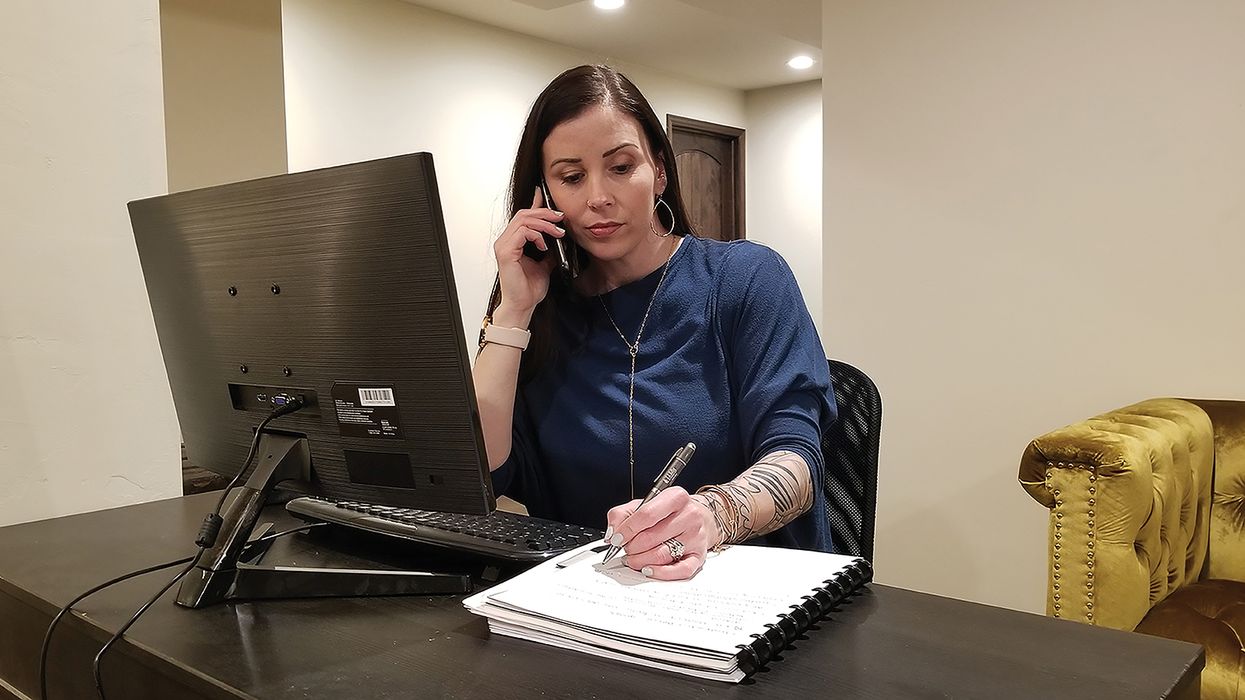Employees’ financial stress takes a toll at work
The amount of stress that employees have been under the past few years is spilling over at work. Many employees are struggling to make ends meet.
According to a recent Harris Poll survey called “The State of Employee Finances: 2022, A Purchasing Power Report,” 54 percent of full-time employees report they are having a hard time covering monthly expenses.
Some employers might think that their employees’ personal financial struggles are a separate matter from company business. Statistics in the report, however, show a different story.
According to the survey:
- 34 percent report it affects their physical health,
- 28 percent say it affects their ability to focus at work, and
- 25 percent claim it affects their job satisfaction.
Moreover, 72 percent of those surveyed think that employers share some of the responsibility for helping them improve their financial well-being.
How? Some options might include expanding voluntary benefits and having a broader approach to employees’ financial well-being.
Based on the survey, 80 percent say their work benefits have a direct impact on them staying at their current job.
In the current uphill battle of recruiting and hiring workers, it’s clear that employers have a strong reason to be concerned about employees’ personal financial struggles.
Question: Can we stop a debt collector from calling an employee at work?
Answer:Yes, you can tell a debt collector that you will not pass along collection calls to your employee and that you do not want such calls placed to your company. But that alone may not end unwanted calls from a persistent collector.
If an employee is getting calls from a debt collection agency and informs the agency that company policy prohibits taking such calls at work, the agency is required by law to stop calling the person at work. This provision is in Section 1692c of the Fair Debt Collection Practices Act (FDCPA).
The law, however, does not apply to organizations trying to collect their own debt, such as a property manager attempting to collect a tenant’s overdue rent or to a utility company attempting to collect an overdue electric bill. Those entities are not subject to the law and could continue calling a place of employment. Once the matter has been turned over to a debt collection agency, however, the agency is bound by the FDCPA.
Under the FDCPA, though, it is illegal for a debt collector to come to a debtor’s workplace to collect payment. Debt collectors are also prohibited from harassing debtors. This includes harassment via:
- Repeated calls
- Threats of violence
- Publishing information about debtors
- Abusive or obscene language
Question: What if employees are getting calls from debt collectors on their cell phones during the workday?
Answer: If employees are getting calls from debt collectors on their cell phones during the workday there are some restrictions. As of November 30, 2021, the Consumer Financial Protection Bureau (CFPB) issued a final rule amending the regulation which implements the FDCPA.
One of the changes limits the frequency of calls. Another change is a debt collector may not communicate or attempt to communicate by sending an email to an email address that the debt collector knows is a work email address, subject to some exceptions.
For example, a collector may send messages to a work email if that email address was used to communicate with the debt collector about the debt and the owner of that address hasn’t opted out.

































































